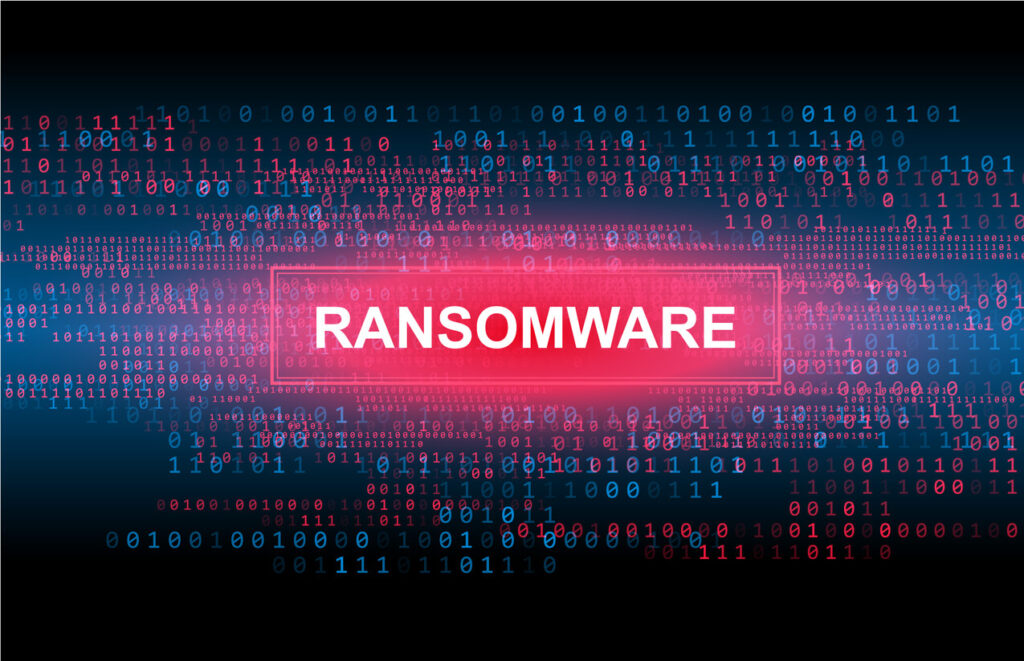Ransomware attacks are every company’s worst nightmare, and an increasingly intimidating threat to the federal government. The highest importance is placed on cybersecurity and protecting crucial data and information, yet cybercriminals continue to find new ways to get their hands on these essential files, increasing the frequency of these attacks. So, how do you survive one? This blog dives into some key steps to surviving ransomware attacks in government.
First off, what is ransomware?
Ransomware is a type of malware that threatens the integrity of a person or company’s stored information and files, designed to prevent users from accessing this data, and thus having to pay these cybercriminals to re-gain access. The problem with this is not only having essential information leaked and having no access to it, but paying these cybercriminals only fuels their efforts as they continue to find new ways to hack and gain control of said data. ![]()
These attacks may cause damages such as:
- Loss or destruction of data and files
- Inability to carry out business operations as usual, thus possible revenue loss
- Critical information getting in the wrong hands
So, how do you survive an attack?
First you want to disconnect from the network as soon as possible and identify the extent of the attack. Then, you’ll want to contact your legal team and cyber insurance provider. Note what and how things need to be labelled with your legal team and ensure your incident plan is updated.
Communication and planning play key roles in surviving ransomware attacks in government. Ensure you have a written plan that delegates responsibilities. This plan should be approved by all departments before an attack even occurs so that everyone is on the same page of what steps need to be taken and when. Then, contact the police or FBI is you identify this attack as criminal activity.
After an attack, make sure you identify all malware before restoring your servers. It is a best practice to conduct a risk assessment and document every discussion and action after you become aware of an attack. A key lesson to learn is to always back up your files and data – this is your saving grace! In the aftermath of an attack, make sure you review how well your plan worked, and make adjustments where lessons were learned.
There is no sure way to prevent a ransomware attack, but if you follow these steps, you are more likely to come out of one with fewer losses. If you have any other questions about ransomware attacks in government, please feel free to reach out to us – we’d love to chat! Additionally, check out our other blogs for more technology insights!
About Centurion Consulting Group
Centurion Consulting Group, LLC, a Woman-Owned Small Business headquartered in Herndon, VA conveniently located near Washington D.C., is a national IT Services consulting firm servicing the public and private sector by delivering relevant solutions for our client’s complex business and technology challenges. Our executive team has over 25 years of experience individually, to include over 10 years of direct business partnership in the IT staffing, federal contracting, and professional services industries. Centurion’s leaders have demonstrated expertise throughout the past three decades in partnering with over 10,000 consultants and hundreds of clients – from Fortune 100 to Inc. 5000 firms – in multiple industries to include banking, education, federal, financial, healthcare, hospitality, insurance, non-profit, state and local, technology, and telecommunications. www.centurioncg.com
